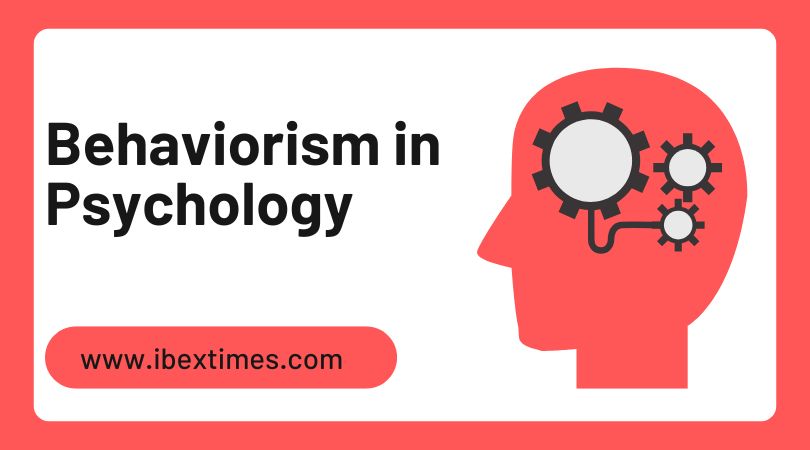By Shajeea Kanjiani
Aristotle proclaimed over two millennia ago that “Man is by nature a social animal.” In managing life’s challenges, humans require a sense of belonging and support. Likewise, finding contentment and joy is linked to one’s connection with their environment. This emphasizes the importance of family, relatives, and friends, as crucial sources of support during times of stress, fear, or joy.
In this article, I have discussed gerontology, placing particular emphasis on the significance of providing care to elderly in our life to make their life meaningful and lively.
The term ‘Gerontology’ refers to the study of aspects of aging. In psychology, it is called Geriatric psychology, a branch of psychology which deals with mental and physical changes in the later stages of life.
As an individual’s age increases, many problems come with it. Among these, isolation and loneliness are common among the elderly. We are social creatures, however, with age our socialization decreases. We do not remain proactive or vigilant like before.
One of the reasons for this isolation in an urban area like Karachi is migrating to different countries in search of better jobs to support their parents and family. Sometimes these young people have their aim where their elderly individual doesn’t fit. It has an impact on parents as they start feeling lonely and empty. These elderly have lived their whole life in a culture characterized by collectiveness. On the contrary, the young generation believes in an individualistic culture. The loneliness of parents leads to health issues such as impairment in cognitive, biological, and immune functioning.
In later age of life individuals lose interest and excitement about life as they think that death is around the corner, they have a fear of death. This fear results in depression as they lose hope. Life changes for them as their cognitive motor, and intellectual abilities diminish. It gives them an idea that they are lagging and cannot compete with the world now.
The incurred depression then leads to many other health problems. Chronic health diseases like Dementia, Alzheimer’s, Cancer, etc. are also related to old age. All these affect the memory of an individual and cause bodily weakness of an individual suffering from chronic disease. Taking medicines and treatments continuously makes them irritable, reduces motivation, and causes lack of sleep. Some diseases like Parkinson’s impact the motor system of individuals like problems with speech and balance.
Every stage of life has its own challenges and how to cope with them depends upon the individual as well as surroundings. As in times of the Stone Age people gathered themselves to make a group or tribe to survive and save them from predators. A proper support system can give a sense of belongingness and social acceptance which reduces negative aspects of life like jealousy, anxiety, negative emotions, and guilt.
In addressing and treating problems in later life, psychologists, community service providers, and caregivers play important roles. Psychologists can take care of mental health by providing therapies and counseling sessions for the elderly to change their perception of life.
Community service providers can arrange group activities to make the elderly feel included so that they can feel less lonely and assist their living facilities and hospices. The most important thing is the time that family and caregivers can give to the elderly so that they feel secure, and this will increase satisfaction in life.
The author holds a Bachelor’s degree in Psychology from Jinnah University for Women and is currently pursuing an M.Phil in Psychology at the University of Karachi. Her research and writing focus on the intersection of assessment, education, and societal dynamics.














